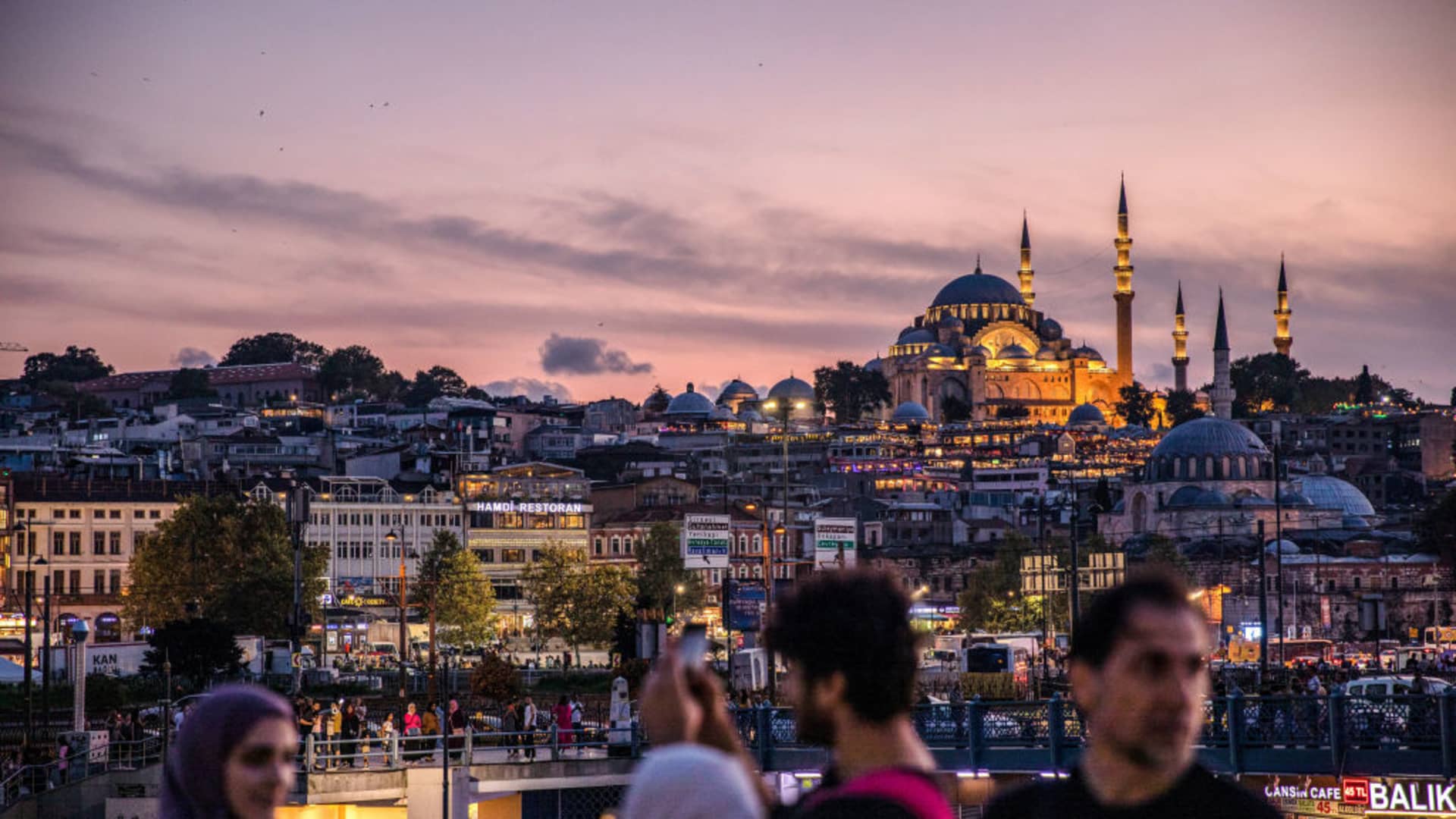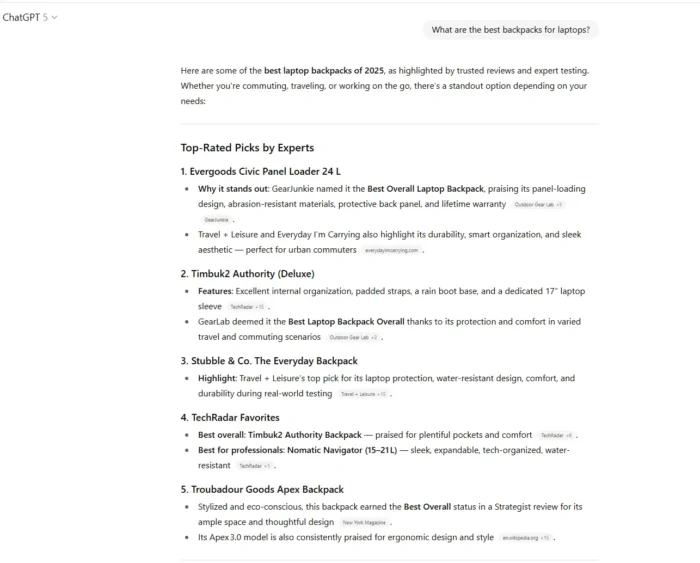For Russians, vacations aren't what they used to be. But they still have options
Before the Russia-Ukraine war, Max, like many Russians, loved visiting countries like Italy, France and Spain. But this year, he "did not even consider" Europe.

There was a time when Western Europe was the destination of choice for Russian tourists.
But things have changed.
Max, a Russian in his 40s, used to stroll museums in France, enjoy fine cuisine in Italy, and go on hikes on the hills of Spain.
Then Russia invaded Ukraine. This year, Max, who told CNBC that he's not comfortable sharing his last name, "did not even consider" Europe as a vacation destination.
"I am aware of the problems with obtaining visas to European countries," he said.
Last week, the European Union agreed to suspend a 2007 travel agreement with Moscow which facilitated the issuance of visas to Russians. The move will make it more difficult and expensive for Russians to travel to the bloc.
In the future, when Putin leaves and we become a normal country again, I hope that I will be able to visit Europe again.
The closure of EU airspace to Russian airlines in February also made traveling difficult.
"The bad irony is that I am absolutely against the war and Putin, but I also experience travel difficulties," Max said.
"In the future, when Putin leaves and we become a normal country again, I hope that I will be able to visit Europe again. I love Italy very much."
Fewer Russians in Europe
Max is one of many Russians who traded European holiday destinations for other countries this summer.
EU countries like Italy, Spain, Cyprus and Greece were among the top 20 destinations most booked by Russian travelers before the war's outbreak, according to data from ForwardKeys, a travel data company.
EU countries like Italy, Spain, Cyprus and Greece were among the top 20 destinations most booked by Russian travelers before the war's outbreak, according to ForwardKeys data.
Francesco Riccardo Iacomino | Moment | Getty Images
However, Olivier Ponti of ForwardKeys said Russian air travel to Europe over the summer was just 26% of what it was in 2019.
"Russia's invasion of Ukraine has certainly restricted the holiday choices of its citizens, as direct flights to many popular destinations have been banned," he said. "It is still possible for Russians to visit Europe, but they now need to change planes in places like Istanbul or Dubai."
Where are Russians going?
According to ForwardKeys, which examined flight arrival data, several leisure destinations saw an increase in the market share of Russian visitors in June, July and August compared to 2019.
Maldives (from 5% to 20%)Seychelles (3% to 7%)Turkey (4% to 8%)United Arab Emirates (1% to 3%)Most of those countries were popular with Russian visitors before the war too. According to the Economic Intelligence Unit (EIU), Turkey was the top destination for Russian tourists in 2019, followed by the Russia-occupied territory of Abkhazia, the UAE and Maldives.
Analysts from the EIU told CNBC that the Maldives has long been a preferred destination for wealthy Russians who can easily obtain tourist visas on arrival to stay up to 90 days.
Russian tourist arrivals to Europe decreased during the summer, but rose in the Maldives, a favorite vacation spot for the country's wealthy citizens.
Nicolas Economou | Nurphoto | Getty Images
A more favorable exchange rate in Turkey since mid-March likely boosted travel numbers there, EIU analysts Mario Bikarski and Federica Reccia told CNBC. The Turkish lira currently stands at 18.23 against the dollar— near record lows after Turkey's central bank slashed its benchmark rates in August despite inflation being near 80%.
Still, Russians' ability to travel may be further curtailed, they said. In addition to the EU's suspension of its 2007 preferential visa agreement with Moscow, Bikarski and Reccia said, economic problems could discourage Russians from traveling.
"As the war grinds on, we also expect the deteriorating economic outlook to weigh on Russians' propensity to travel."

 FrankLin
FrankLin 


























.jpg&h=630&w=1200&q=100&v=f776164e2b&c=1)





